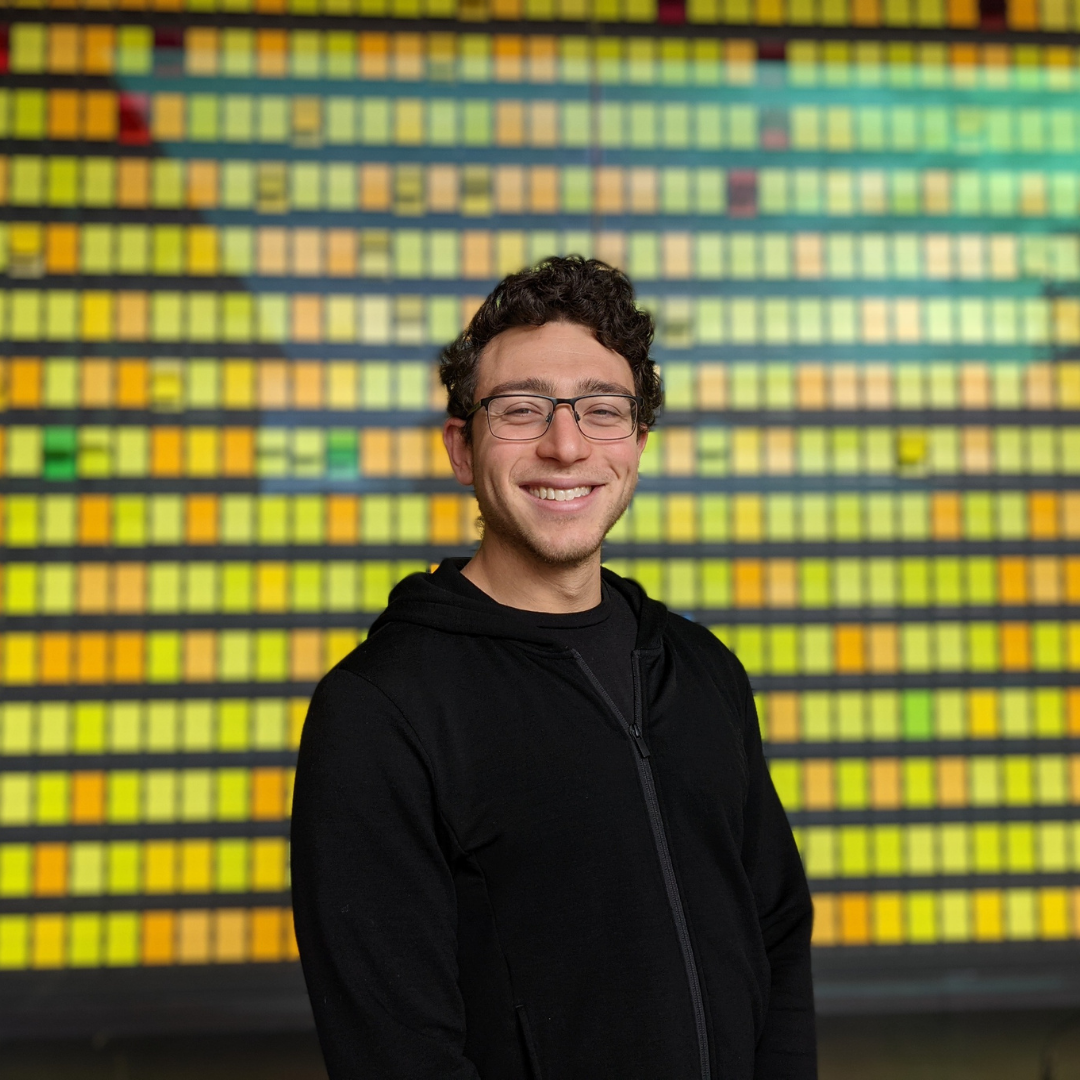There are many new ways for people to take part in fighting climate change. Ravi Mikkelsen discusses how Atmos Financial is building banking solutions that anyone can contribute to and help the world transition to a clean economy while earning money on their deposits.
What is Atmos about?
Atmos is a banking startup, and our mission is to rapidly finance the clean-energy transition. One hundred percent of the deposits placed into Atmos accounts fund climate positive infrastructure, e.g. rooftop solar, regenerative agriculture, carbon-free cement, green hydrogen, etc.
The biggest difference between Atmos Financial and the traditional or legacy banks, is that we’re not a bank. We offer banking and FDIC-insured bank accounts by partnering with an existing bank. We’re setting up additional banking relationships where these banks will use one hundred percent of our deposits for climate positive purposes.
Atmos is providing the customer relationship with the banks we have partnered with. Customers will use our interface when they open an Atmos account. Right now, we are finding banks that have existing renewable energy lending programs, and we’re slotting our capital into those programs. Later this summer, we will launch our own direct lending program, where we’ll start doing the loan origination for many smaller projects. Ultimately, Atmos is a climate tech company focused on decarbonization, and our products and services will help us achieve that mission.
How have you thought about impact metrics and quantifying your impact?
People’s bank deposits have so much more power than they think. Even if you live in an apartment, where you don’t necessarily have a roof to put solar on, by moving where you bank, you can help finance the installation of solar on someone else’s roof. Same thing with electric vehicles. It’s not just one installation, the capital can be cycled as the loan gets financed and sold and financed again. The impact that we’re looking to have is the deployment of gigawatts and terawatts of clean carbon-free energy, millions of electric vehicles, and more.
Also, we have a tool on our homepage that gives an estimate of the carbon impact of your deposits when you put them into Atmos. From conversations with our banking partners, 2.34 pounds of CO2 are avoided per year, per dollar deposited in Atmos. So, if you have roughly $13,000, that will help avoid 32,000 pounds of CO2 equivalent per year, which is the average carbon footprint for an adult in the US. Customers will earn up to 10X the national average on their savings, and also be providing funding to renewable energy projects to make up for their own footprint.
We’re about to release a checking account and debit card and people have asked us about tracking the carbon impact of their daily purchases. While they have some cachet right now, these purchases such as a daily cup of coffee or a book from a local shop don’t make up much of a person’s impact and are less elastic, than some of the more impactful, non-daily purchases. The biggest purchases that impact a person’s carbon impact are: ground transportation energy consumption, home energy consumption, flying (if they are in the minority that flies 2X or more per year), and food. Of these, most people can easily change to electric vs continuing to burn fossil fuels and pay to get their electricity from renewable sources. Reducing meat and dairy consumption are good if that’s a big source of daily consumption, but we all still need to eat, so that will never go to zero. The goal should be to continue to improve and for those seeking to upgrade their personal energy infrastructure, we can help secure low-cost financing to make these upgrades even more economically attractive as well. These changes will all be shown in the impact tracker inside of the Atmos app as well.
What are the trends that you're seeing today? And where do you see the trends going in the future?
I see a lot more fintech companies working with community banks on causal banking, whether it is climate or racial justice—it can be so many different things, but it is around the social impact or niche demographics. And, these different sorts of niche fintech companies can work with community banks to reach different communities or to finance new asset classes.
Consumer awareness will drive the transition to climate-positive banking. For instance, fossil-fuel-free index funds performed much better—compared to index funds with fossil fuels—over the last decade, and will continue to outperform. On the insurance side, climate risk is being taken into account on home and renter’s insurance, as well as being priced into mortgages, albeit slowly. Similarly, as more electric vehicles and autonomous vehicle adoption rolls out, we will see changes in automobile insurance plans.
Outlook
Effectively consumer banking seems to be moving towards financing climate-focused projects. Using consumers as a source of capital can help smaller banks compete with the large private equity groups and global banks that currently dominate in solar financing.
Eventually, every component of the capital stack of banking will be shifted away from traditional fossil fuel products and towards positive climate impact products as the returns are significantly higher as incentives make it so. Consumer awareness and economic drivers will accelerate the transition. Atmos is innovating to accelerate this movement to a clean, green, and inclusive economy.
About The Author

Daniel currently works at Lawrence Livermore National Laboratory. His original assignment was to maintain and update facility safety documentation for all facilities on-site, and perform risk analysis. Over time, his role has expanded to leading continuous improvement efforts through product management.
Concurrently, Daniel volunteers with Techstars, helping organize startup weekends, and with the American Institute of Chemical Engineers, organizing events on the local and national levels of the organization. He also volunteers with One World, and previously with Powerhouse Ventures, to source and screen startups for potential investment.
Daniel holds a BS in Chemical Engineering from UC Davis, and recently completed coursework in energy innovation from Stanford. His passion is at the intersection of sustainability, innovation, and business.

